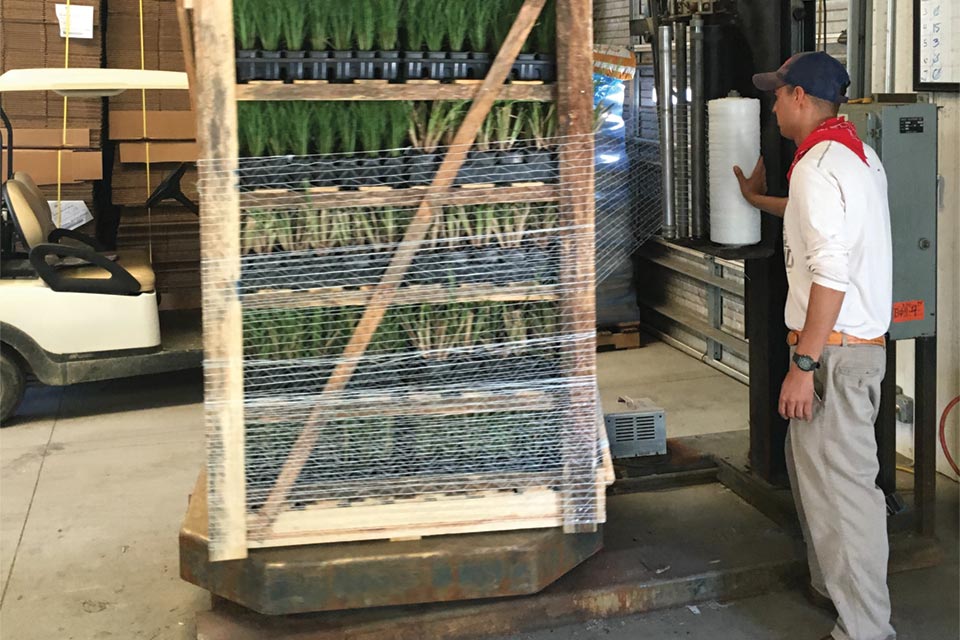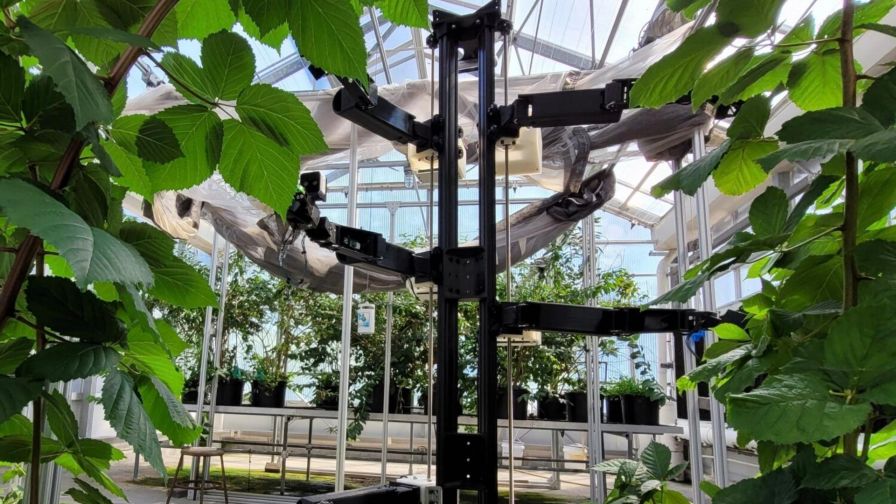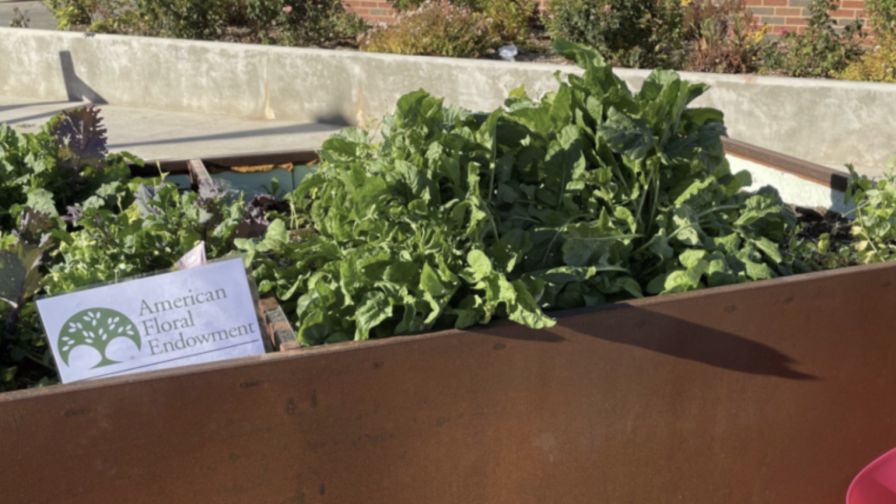Pallet Shortage Update: Why the Problem Could Linger Through 2021
 Although conversations are occurring within the North American and global horticulture industry relative to the current acute pallet shortages, a statement from the United Fresh Produce Association and other industry organizations warns that many do not yet realize the factors impacting the situation and the potential scope of the issue, including the availability of produce and other specialty crops to consumers.
Although conversations are occurring within the North American and global horticulture industry relative to the current acute pallet shortages, a statement from the United Fresh Produce Association and other industry organizations warns that many do not yet realize the factors impacting the situation and the potential scope of the issue, including the availability of produce and other specialty crops to consumers.
A multitude of issues are impacting pallet availability, according to the statement, including:
- Efforts of wholesalers, distributors, and retailers to ensure sufficient inventory of non-perishables given previous pandemic-related impacts
- The availability of lumber to repair and build new pallets
- The escalating price of lumber when it is available
- Non-perishable inventory dwell time increase
- Lack of available trucks to relocate pallets
The lack of pallets is adding stress to a supply chain that is already facing significant challenges that include a lack of available trucks and shipping containers, ongoing labor challenges, fluctuating fuel costs, pandemic-related challenges, and a pending shortage of resin used to make reusable containers and pallets. At this time, expectations from United Fresh are that the pallet shortage will continue for months, perhaps for the balance of 2021 – all at a time when many North American produce items are just beginning seasonal harvests and shipments.
To give a sample of the scope of the issue, United Fresh compiled the following information:
- The shortage of lumber and wood products has increased the cost of raw lumber 200% to 350% and is making the cost of wood pallets increase incrementally.
- In one example, it was noted that over the past few weeks, pallet costs have increased more than 400%, if the pallets are even available, and often they are not.
- One farmer was told by one pallet supplier that they are not taking any new customers due to an inability to fill even existing customer demand.
- Companies are forced to bring pallets from other jurisdictions, thereby incurring border and transportation costs.
- Pallets are being held in-house due to delayed and cancelled orders from pallet services, leading to higher storage charges and increased congestion within operations.
“Working together, the supply chain must balance organizational goals relative to overall availability of goods with availability of food,” the statement reads. “If there is not a concerted effort across the supply chain to ensure pallet availability for shipment of produce, there is little doubt that it will be very difficult, if not impossible, for the grower/shipper community to meet buyer, and ultimately consumer, demand for produce. Simultaneously, growers and shippers are working hard to remain compliant with pallet requirement specifications where they can, but this is proving challenging. Temporary modifications or exceptions to pallet requirements, as long as they do not jeopardize safety, would prove advantageous until this pallet shortage is resolved.”
The statement is intended, in part, to act as a catalyst for industry awareness, to ensure a consistent understanding of the issue, and to encourage discussions and efforts towards a path forward. All partners in the supply chain should have regular conversations with their pallet suppliers to understand the situation and pallet inventories/availability.








